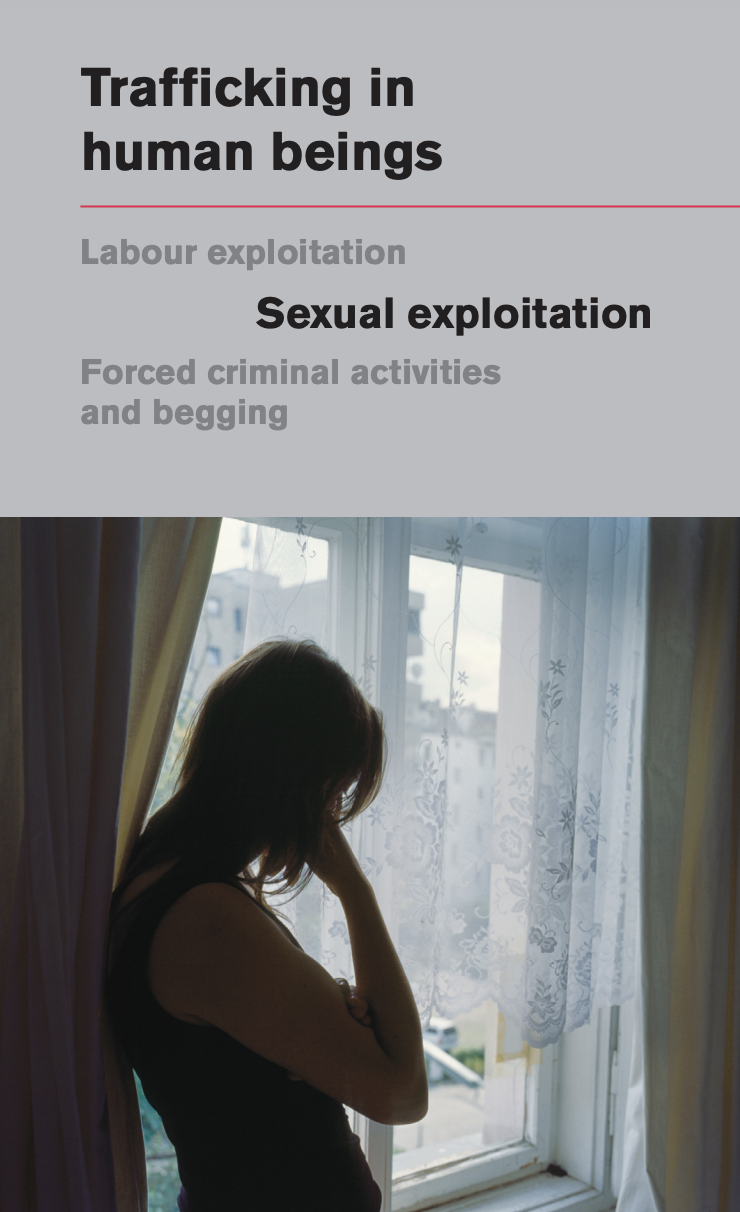Trafficking in human beings is defined as a situation whereby a person’s predicament is used to trap them in an exploitative situation. This can take various forms and occurs in different areas:
• Exploitative employment relationships
• Sexual exploitation
• Exploitation in marriage
• Forced begging
• Forced criminal activities
• Forced removal of organs
Trafficking in human beings constitutes a serious human rights violation and an offence to the dignity and the integrity of the human being.
Since the early 1980s, German counselling centres for women have identified increasing numbers of persons trafficked for sexual exploitation and have begun raising more and more awareness about the issue. This has led to the emergence of specialised counselling centres that often also deal with cases of trafficking in human beings for the purposes of labour exploitation or of exploitative working conditions. More recently, professionals have witnessed an increasing number of cases in which persons are exploited by being forced to beg or to commit offences.
This brochure is part of a range of information brochures. Each one aims to take a closer look at one form of exploitation and to provide information about the counselling options and support structures available to trafficked persons in Germany. In particular they will present the services and work carried out by KOK’s members.
This brochure focuses on the phenomenon of trafficking in human beings for sexual exploitation.

